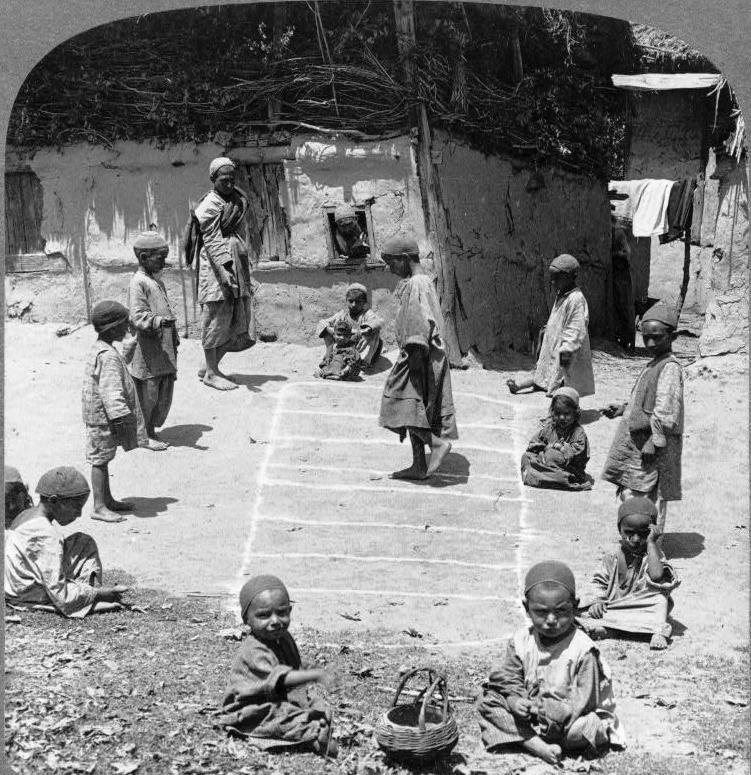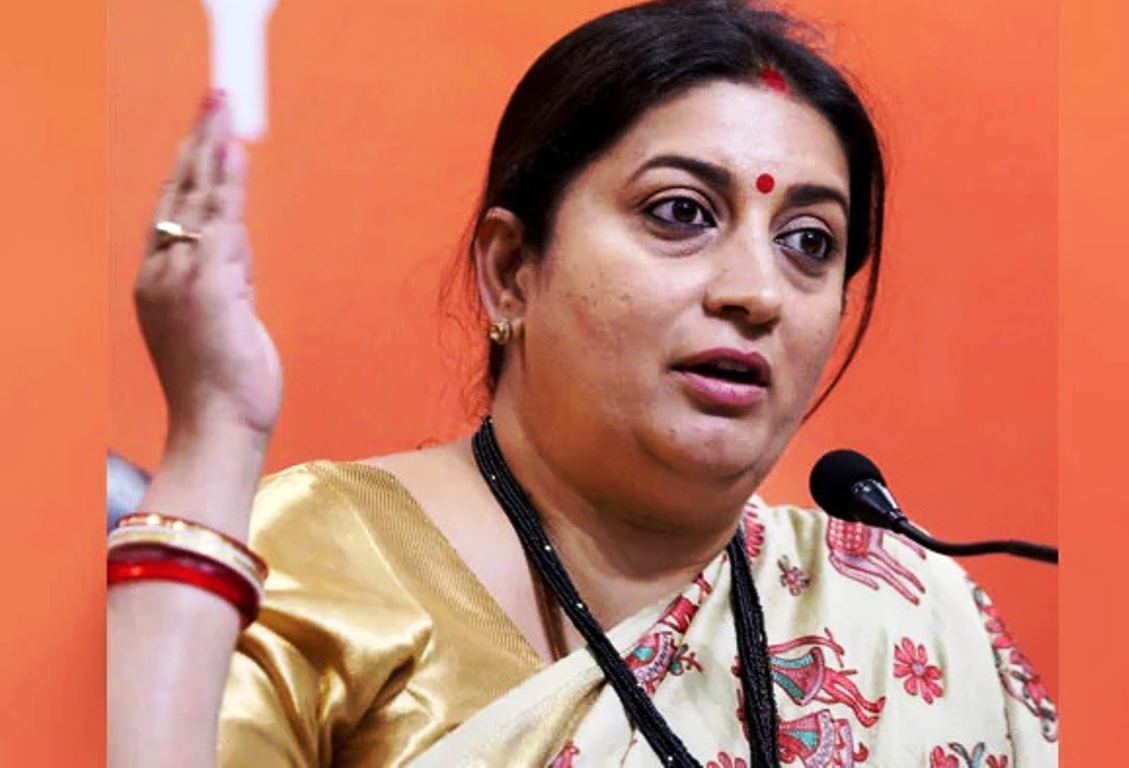SRINAGAR: In the last two years, only five children could be adopted under the new rules that were put in place after the reading down of Article 370, the government informed the Lok Sabha in a series of data responses about the state and status of children. The response came to various questions that lawmakers asked about the different issues that children in India face.

The government revealed that Jammu and Kashmir has reported 181 children missing between July 1, 2022, and June 30, 2022. In response to a question by S Selvaganabathy, the Woman and Child Development Minister said there are 58546 children missing across India with West Bengal toping with 13591 cases and Madhya Pradesh with 12679 cases.
At the same time, the government said that as many as 817 children including child labourers have been rescued and rehabilitated by Child Welfare Committees supported under Mission Vatsalya Scheme in Jammu and Kashmir. In Ladakh, the number of children rehabilitated stands at 25.
The government said there were no less than 800 children in the Child Care Institutions (Juvenile homes) operating across Jammu and Kashmir under Mission Vatsalya Scheme. There were in 823 children 2018-19, 823 in 2019-20, 759 in 2020-21, 579 in 2021-22 and 817 in 2022-23. Interestingly, the government has revealed that there were two cases reported from Jammu and Kashmir in which the caretakers of Juvenile Homes have been booked for various offences against the children.
In the last five years, the government revealed that 35 children were booked under drug-related offences including The Narcotic Drugs and Psychotropic Substances Act 1985). Of them, five each were booked in 2017 and 2020, six in 2019, nine in 2021 and 10 in 2018.
Interestingly, the government said there was no case registered under Child and Adolescent Labour (Prohibition and Regulation) Act, 1986 in Jammu and Kashmir and there is no case of bonded labour in the region. It also said that there is no single child under open shelter in Jammu and Kashmir.
Under the new scheme of things, the erstwhile state has 20 Child Welfare Committees (CWCs) that oversee 47 Children’s Homes in 20 districts, the information said. There are 20 District Child Protection Units in Jammu and Kashmir and two in Ladakh.

The CWCs have been constituted in Jammu and Kashmir under the Mission Vatsalya Scheme, Woman and Child Development Minister, Smriti Irani said. Supported by the Ministry of Women and Child Development, the initiative aims to ensure the protection and well-being of children across the region, the response said. The Ministry of Women and Child Development’s Mission Vatsalya Scheme plays a pivotal role in providing care, protection, rehabilitation, and reintegration of children facing challenging circumstances. The scheme operates on a cost-sharing basis between the Central and State Governments.
The Government of India has released an amount of Rs 28.23 crore to Jammu and Kashmir under Mission Vatsalya Scheme and Rs 1.43 crore to Ladakh UT.
The 20 districts of Jammu and Kashmir have 47 Children’s Homes with almost every district having two and Jammu and Rajouri having five and six homes, respectively.
Responding to a question by MP, Husnain Masoodi, Irani said the primary legislation for child protection in Jammu and Kashmir is the Juvenile Justice (Care and Protection of Children) Act, 2015 (JJ Act, 2015), which was amended in 2021. This comprehensive law sets standards of care and protection to secure the best interests of children in all states and Union Territories, including Jammu and Kashmir.
Under the JJ Act, 2015, Child Welfare Committees have been vested with the authority to make crucial decisions concerning children in need of care and protection, always keeping the child’s best interest at the forefront. These committees are also tasked with monitoring the functioning of Child Care Institutions (CCIs) to ensure that the children receive proper care.
For children in conflict with the law, the Juvenile Justice Boards play a significant role in making decisions regarding their welfare. The Act empowers these boards to handle matters concerning children involved in criminal activities, the government said.
To ensure the effective implementation of the JJ Act, the National and State Commissions for Protection of Child Rights actively monitor its execution at the national and state levels, respectively, it added.
Under Mission Vatsalya, support is provided for the establishment and maintenance of various types of Child Care Institutions (CCIs) and non-institutional care facilities. This ensures that children have access to both institutional and non-institutional care, facilitating their rehabilitation and integration into society.
In November 2022, the Ministry of Women and Child Development, in collaboration with the Ministry of Home Affairs and the Government of Jammu and Kashmir, organised a workshop focused on strengthening child protection in the region. This workshop garnered the participation of the United Nations, reflecting the commitment of various stakeholders to protect the rights and welfare of children in J&K.
Regular follow-ups with State and Union Territory Governments have been initiated by the Ministry to ensure the effective implementation of Mission Vatsalya. Various advisories have been issued to further strengthen the scheme’s impact and extend its reach.
The establishment of Child Welfare Committees and the comprehensive Mission Vatsalya Scheme are crucial steps in providing a safer and more secure environment for the children of Jammu and Kashmir. These efforts reflect the Government’s commitment to securing the future of the nation’s most vulnerable citizens and ensuring their holistic development and well-being.
Iran said there are 12 specialised adoption agencies for CNCP children including mentally challenged orphans.
However, there have been fewer (five) adoptions in Jammu and Kashmir after the rules and systems have changed. Now the Central Adoption Resource Authority (CARA) is taking care of the adoptions of children across India.
The government said the Adoption Regulations, 2022 have been framed in line with the Juvenile Justice (Care and Protection of Children) Act, 2015 (as amended in 2021) which has been notified on September 23, 2022. The Adoption Regulations, 2022 were framed keeping in mind the issues and challenges faced by CARA and other stakeholders including the Adoption Agencies and Prospective Adoptive Parents (PAPs).
Some of the salient features include (i) District Magistrates have been empowered to issue Adoption Orders instead of Court, (ii) upper age limit for PAPs reduced to 85 years for couple and 40 years for a single PAPs in case they are adopting a child below 2 years, (iii) 7-day adoption effort launched by CARA for Resident Indian (RI), Non-Resident Indian (NRI), and Overseas Citizen of India (OCI) PAPs, (iv) Chief Medical Officer (CMO) to determine the health status of the child based on Rights of Persons with Disabilities Act, 2016, (v) strict time line has been laid down for uploading LFA (Legally Free for Adoption) within maximum period of ten days, (vi) PAPs with more than two children do not qualify to get referral for a normal child, (vii) mandatory counselling has been stipulated for all the relevant stakeholders like prospective parents and older children at pre-adoption, adoption and post-adoption stages, (viii) times lines at various stages like uploading of LFA (Legally Free for Adoption) within ten days, examination of special needs children within a period of fifteen days by the Chief medical Officer and verification of adoption application documents by District Child Protection Unit (DCPU) within five days, (ix) emphasis on foster adoption of adoptable children already in foster care after a period of two years and (x) stringent measures have been provisioned for PAPs becoming reason for disruption or dissolution.
Child Adoption Resource Information and Guidance System (CARINGS), an online platform, has been developed for end-to-end digital processing through a robust web-based management system designed to bring transparency to the adoption system and also curtail delays at various levels. The recent amendments made in the Regulations have been duly incorporated in the online portal for adoption called Child Adoption Resource Information and Guidance System (CARINGS). After all the child-related documents are uploaded on the portal, the referral is sent to Prospective Adoptive Parents as per their seniority. The PAPs can also reserve a child through hard to place, 7-day’ tab for RI/NRI/OCI PAPs and special needs modules irrespective of their seniority. Further, the adoption orders are also issued online by the DMs.
The Mission Vatsalya Scheme is implemented by the Ministry of Women and Child Development (WCD) through the States/UTs. As per section 106 of the Juvenile Justice (Care and Protection of Children) Act, 2015 (as amended in 2021), every State Government has to constitute a District Child Protection Unit (DCPU) for every district to take up matters relating to children to ensure the implementation of JJ Act, 2015 and rules thereunder.
The WCD data, the government said reflects that out of 720 districts in India, 716 districts have constituted District Child Protection Units (DCPU) and all the States and Union Territories except for Ladakh, have constituted their own State Child Protection Societies (SCPS) and State Adoption Resource Agency (SARA).


